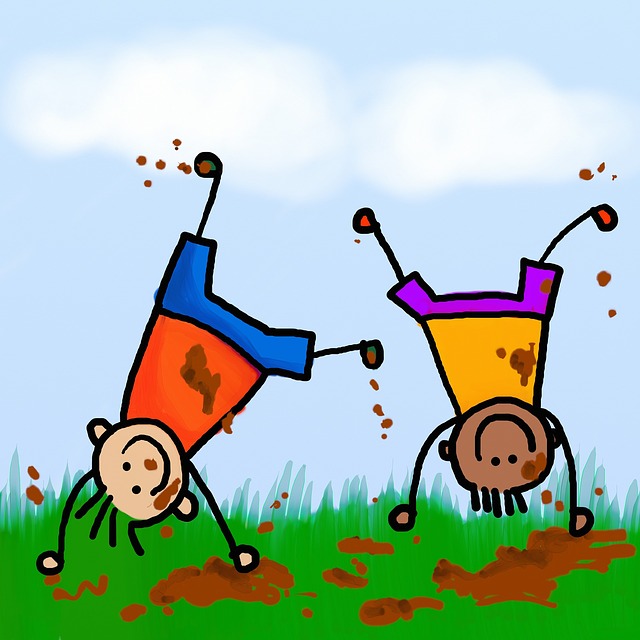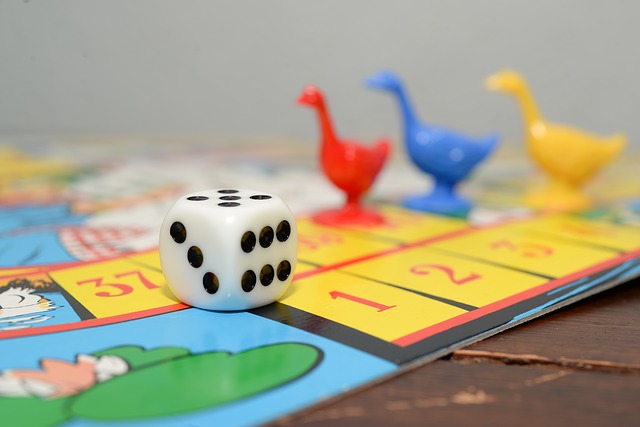
Playing with Dolls vs. Tablets
A recent study conducted by The School of Psychology’s Centre for Human Developmental Science revealed that playing with dolls independently lead to frequent talk about others’ thoughts and feelings compared to when playing on a tablet. The ‘internal state language concept’ is linked to increasing a child’s opportunity to develop social skills and can be beneficial to a child’s emotional development. Lead researcher Dr. Sarah Gerson said, “When children create imaginary worlds and role play with dolls, they communicate at first out loud and then internalize the message about others’ thoughts, emotions and feelings. This can have positive long-lasting effects on children, such as driving higher rates of social and emotional processing and building social skills like empathy that










